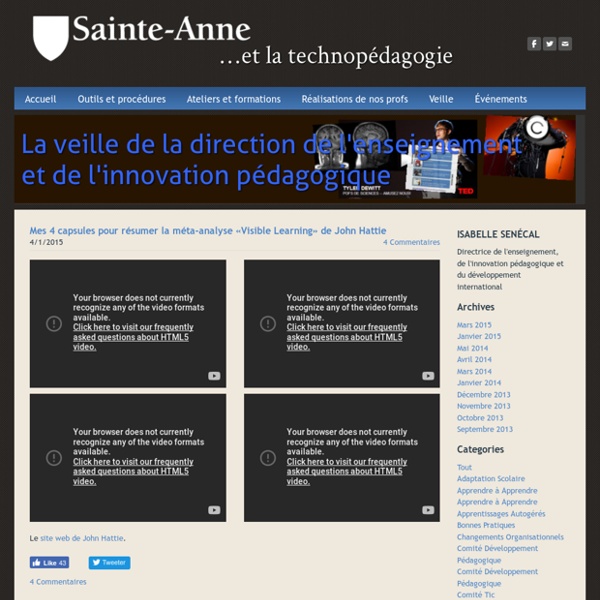



Taking Notes By Hand May Be Better Than Digitally, Researchers Say Laptops are common in lecture halls worldwide. Students hear a lecture at the Johann Wolfang Goethe-University on Oct. 13, 2014, in Frankfurt am Main, Germany. Thomas Lohnes/Getty Images hide caption toggle caption Reading ability soars if young struggling readers get school’s intensive help immediately Reading skill fails to improve when schools follow current practices that require struggling readers to fail first before they merit tutoring or extra teaching Reading skills improve very little when schools follow the current standard practice of waiting for struggling readers to fail first before providing them with additional help, according to researchers at Southern Methodist University, Dallas. In contrast, a recent study found that a dynamic intervention in which struggling readers received the most intensive help immediately, enabled students to significantly outperform their peers who had to wait for additional help, said Stephanie Al Otaiba, lead author on the research.
International Guide to Student Achievement (Paperback) About the Book The International Guide to Student Achievement brings together and critically examines the major influences shaping student achievement today. There are many, often competing, claims about how to enhance student achievement, raising the questions of "What works?" and "What works best?" World-renowned bestselling authors, John Hattie and Eric M. Anderman have invited an international group of scholars to write brief, empirically-supported articles that examine predictors of academic achievement across a variety of topics and domains.
I made a MOOC, and I survived Xavier Lagrange, Alexander Pelov and I made a MOOC introducing Cellular Networks! It is supposed to be a 20-hours course for students having a minimum background on networks. It attracted around 350 students, including 35 students from my institution for which this course is part of the curriculum. I do not discuss here our motivations to create a MOOC and the way students have experienced it. I focus on the teacher's standpoint when making this MOOC.
Almost no education research is replicated, new article shows The word “replication” has, of late, set many a psychologist’s teeth on edge. Experimental psychology is weathering a credibility crisis, with a flurry of fraud allegations and retracted papers. Marc Hauser, an evolutionary psychologist at Harvard University, left academe amid charges of scientific misconduct. Daniel Kahneman, a Nobel-Prize-winning psychologist at Princeton University, entered the fray in 2012 with a sharply worded email to his colleagues studying social priming. What Doesn't Work: Literacy Practices We Should Abandon The number one concern that I hear from educators is lack of time, particularly lack of instructional time with students. It's not surprising that we feel a press for time. Our expectations for students have increased dramatically, but our actual class time with students has not. Although we can't entirely solve the time problem, we can mitigate it by carefully analyzing our use of class time, looking for what Beth Brinkerhoff and Alysia Roehrig (2014) call "time wasters."
Center for Teaching Excellence – University of Virginia From B. Magnan View PDF MOOCS - How to Make Money and Increase Influence (without Charging Learners) — Class Central Editor’s note: This is a guest post by Hilary Melander, Manager of Canvas Network, Instructure’s MOOC platform. In early 2016 Munib Hadi, Head of Academic Innovation Hub at the University of Derby, was extended the challenge of developing a MOOC strategy that is sustainable and open, and which provides relevant learning opportunities to learners. In the end, the MOOCs from the university that are hosted on Canvas Network generated over £42,000 worth of marketing, the university saw an enrollment impact of over £1.15 million, and the team was invited to share their research and initiatives with government officials and multinational organizations.
Hattie's 2017 Updated List of Factors Influencing Student Achievement In this article, you will find Hattie’s 2017 updated list of factors influencing student achievement. In 2017, Visible Learning Plus published an updated list of factors that impact on student learning, along with how much impact that each factor had. These factors include things that: Teachers, school leaders, students or parents can controlTeachers, school leaders, students or parents can influence The factors also include things that: Are outside of teachers’, school leaders’, students’ or parents’ control
Demystifying Small Groups in Reading: Supporting Students in Action K-8 Written by Anna Gratz Cockerille “I think that many teachers have been subjected to intensive efforts to remake their small-group instruction so that it is 'just so.' There have been so many books written on how to lead small groups in precisely the right ways that too many teachers approach a little hub of readers, gripped by anxiety over doing this The Right Way. Meanwhile, the whole point is to be personal, be responsive, and to channel kids to do some work while you observe and coach.”
The 10 Skills Modern Teachers Must Have There’s been a lot of talk recently about what it means to be a learner in the 21st Century. Earlier this year, we put together a guide with skills important for students today. So, why not a list for educators, too? EEF Blog: What do we really know about ‘what works’ in classrooms? James Richardson discusses whether Randomised Controlled Trial results can be expected to have the same impact in your school. An evidence based teaching profession shouldn’t deal in absolutes. Rarely will there be a definitive answer to the question; what works in raising pupil attainment? Considering the EEF’s founding principle is to understand what works to close the attainment gap for poor children, this may seem a counterintuitive way to launch a blog. Education, perhaps more than any other policy arena, is soured by arguments based on false dichotomies; straw men constructed to defend the status quo or win political arguments, often adding little value to the collective endeavour of improving outcomes for all.